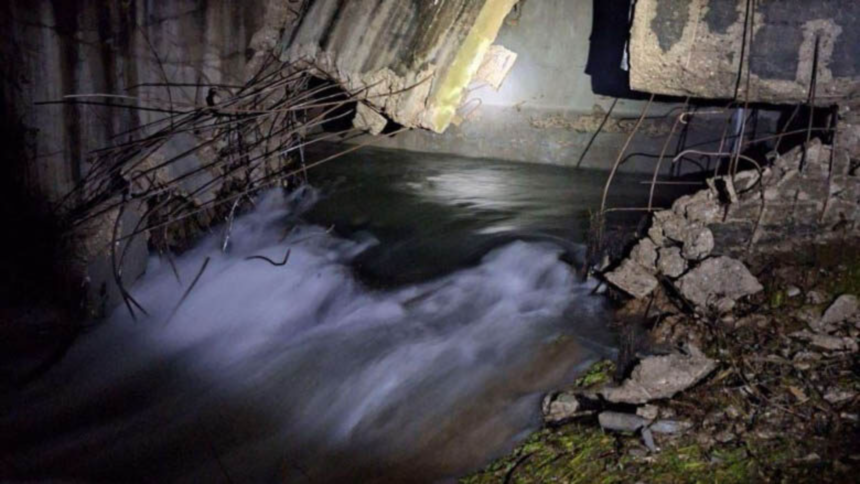The attack on the Ibër-Lepenc canal, which has been condemned by many, occurred precisely on the day when the European Union is undergoing a leadership handover. Saturday marked the formal last day of the mandate for the old European Commission, while Sunday, December 1st, will be the first day of the new Commission’s mandate.
This timing may explain why, as of Saturday noon, the EU had not issued an official response to the attack, apart from a social media post by the EU Ambassador to Kosovo, Aivo Orav, who was supported by Miroslav Lajčak, the EU Special Representative for Dialogue, whose mandate is extended for two more months.
It is possible that the EU needs to first consult with its field representatives, member states, and other international missions to avoid issuing hasty statements. NATO has suggested that for reactions, the focus should be on KFOR’s mission in Kosovo.
So far, the only EU response has come from the European Parliament, where two key Members of the European Parliament (MEPs) responsible for Kosovo have jointly condemned the attack and expressed support for Kosovo’s institutions in bringing those responsible to justice.
Davor Ivo Stier, who heads the European Parliament delegation for relations with Kosovo, and Riho Terras, the European Parliament rapporteur for Kosovo, issued a joint statement on the matter:
“On behalf of the European Parliament delegation for relations with Kosovo, and in my capacity as the European Parliament Rapporteur for Kosovo, we condemn the November 29th attack on critical infrastructure in Zubin Potok, Kosovo. We express our solidarity with the people of Kosovo and our full support to Kosovo’s institutions in conducting a thorough investigation to identify and bring those responsible for this criminal attack to justice,” the joint statement by Stier and Terras reads.
The European Union has consistently raised concerns about the situation in northern Kosovo, urging calm and discouraging unilateral actions. However, it has often placed the blame on Kosovo, while taking little action against Serbia, even in cases where Serbia has been identified as responsible for violence or other provocations.
For example, following attacks in May on KFOR soldiers and journalists, many of the perpetrators were identified, but no consequences followed. Similarly, after the September 2023 attack in Banjska, which EU High Representative Josep Borrell called a terrorist act, Serbia faced no repercussions. Milan Radoičić even claimed responsibility for the Banjska attack, but remains free in Serbia, while the EU simply repeated calls for the perpetrators to face justice without taking concrete steps against Serbia.
Furthermore, the EU continues to impose punitive measures on Kosovo, while not taking any actions against Serbia. This has led some EU member states to call for a more balanced approach towards both parties, urging that sanctions should not be imposed on Kosovo alone.







